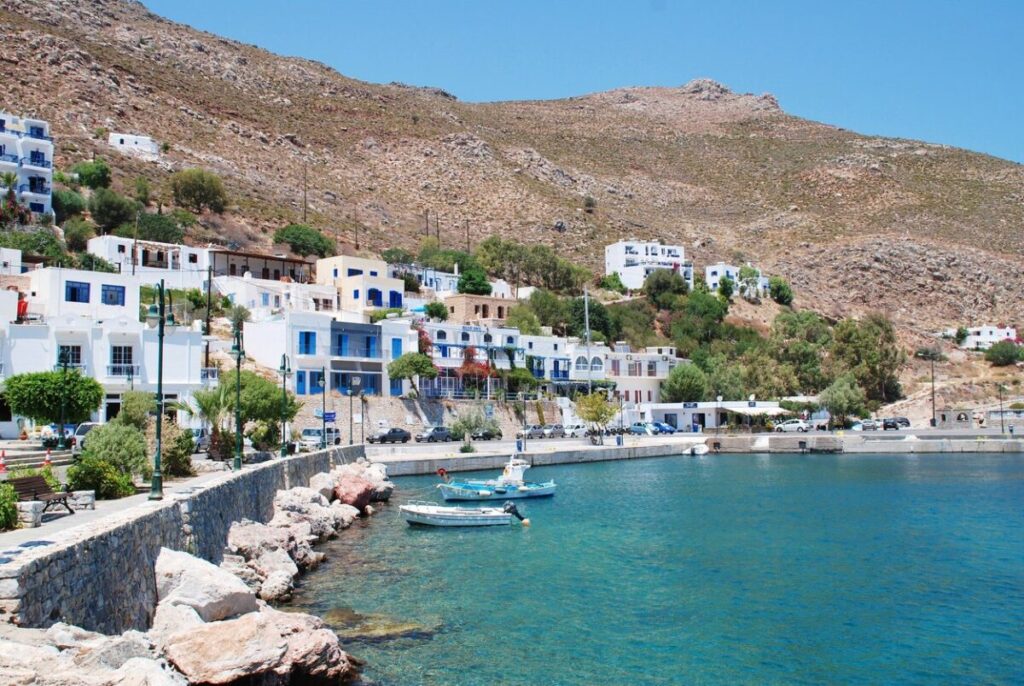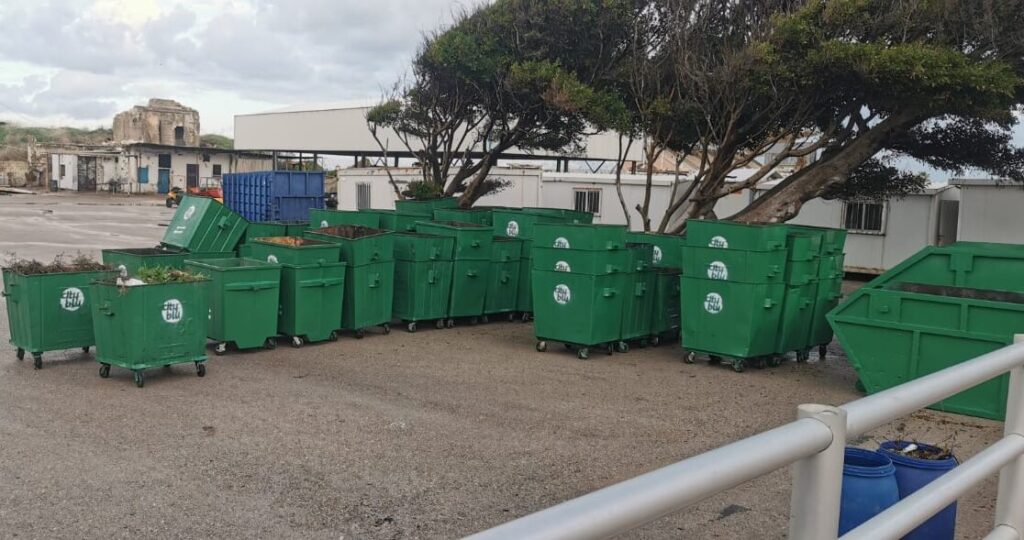The Greek island of Tilos, in the Aegean Sea, is energy self-sufficient. This is possible thanks to the implementation of a hybrid electricity production system that operates with rechargeable batteries powered by an 800-kilowatt wind turbine and a 400-kilowatt photovoltaic solar park. In Lebanon, research by Saint Joseph University of Beirut on methanation, a natural biological process of organic matter degradation from animals or plants, could soon transform organic waste into an energy resource.

Fossil fuels (oil, coal...) account for over 75% of global greenhouse gas emissions and nearly 90% of all carbon dioxide emissions. They represent one of the most significant factors in climate change. One solution to reduce their use and better preserve the environment would be autonomous communities that harness clean energy. This is what a small Greek island of 899 inhabitants in the Aegean Sea has managed to achieve. Since 2018, Tilos has been energetically self-sufficient and can even partially power neighboring islands. Its hybrid electricity production system operates with rechargeable batteries powered by an 800-kilowatt wind turbine and a 400-kilowatt photovoltaic solar park.

Research from Saint Joseph University of Beirut on methanation could transform organic waste into a valuable resource. This innovative project aims to revitalize the energy (including electricity) and agriculture sectors in Lebanon.
Waste Methanization: a Sustainable Solution for Lebanon
Tilos, the first "green" island in the Mediterranean
